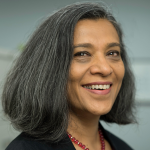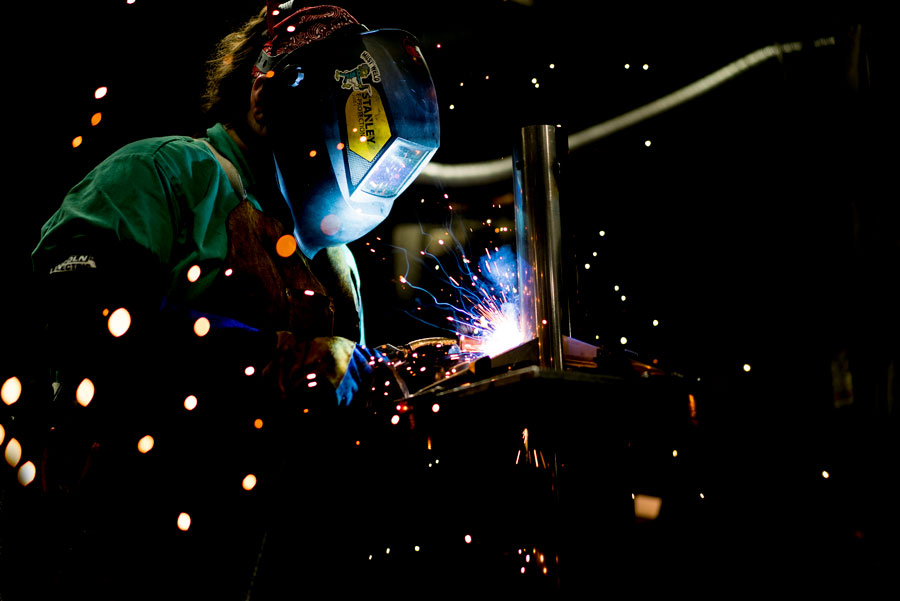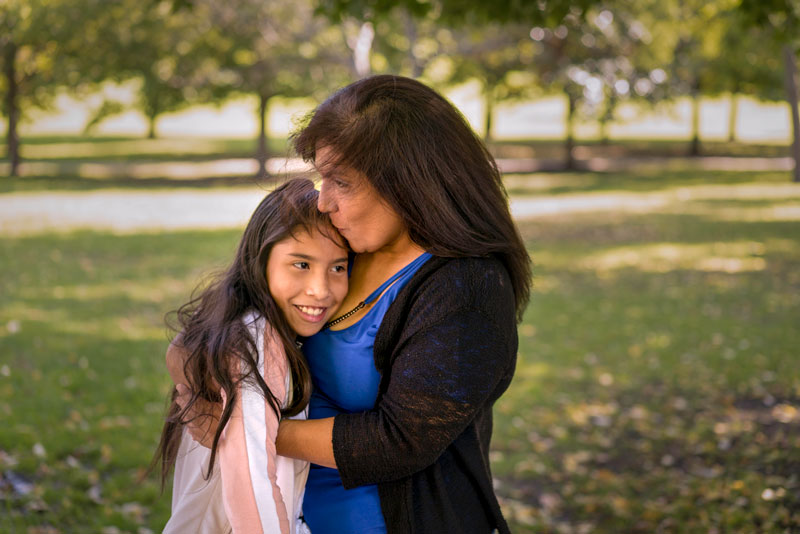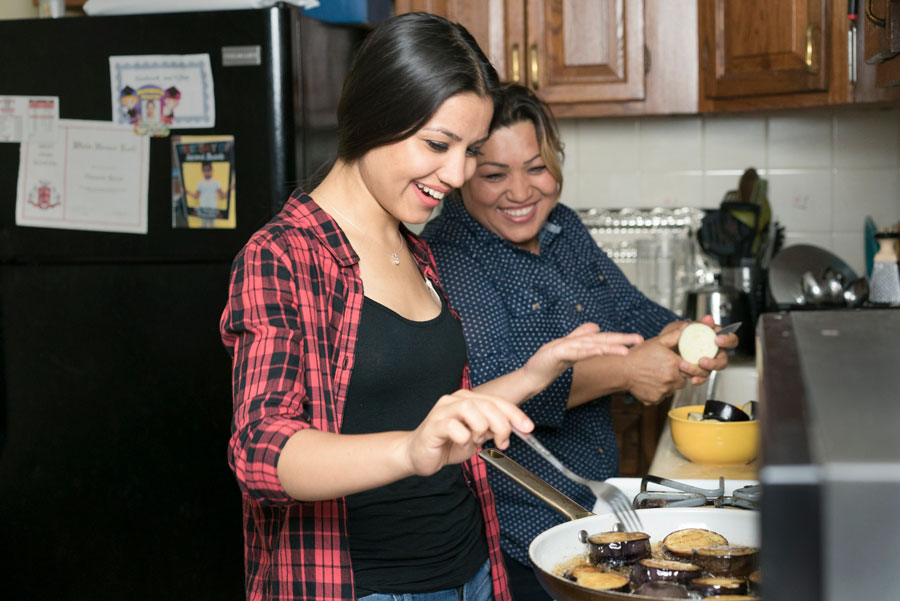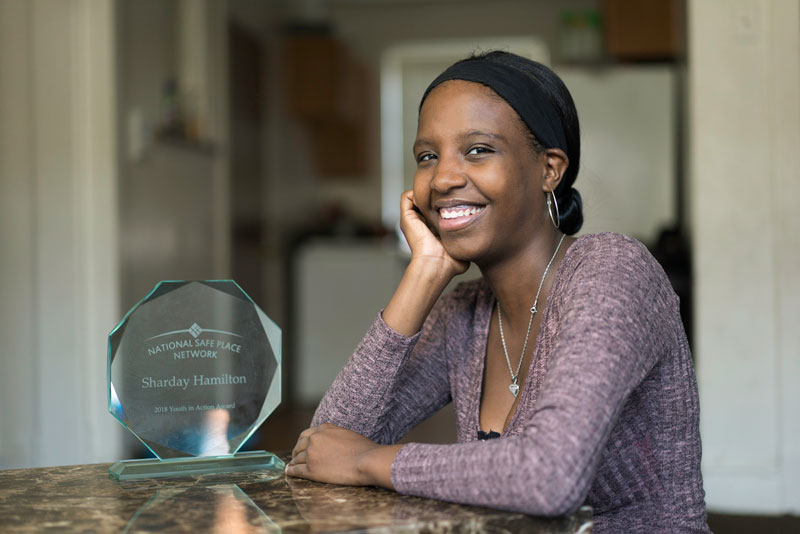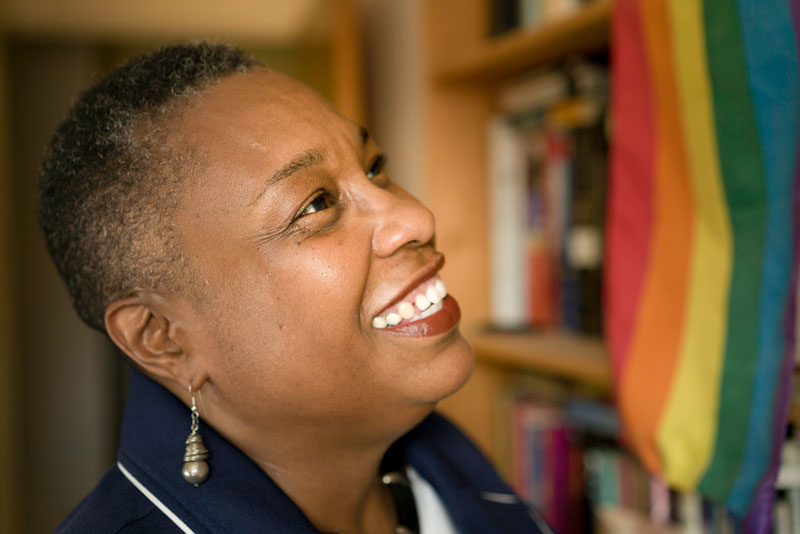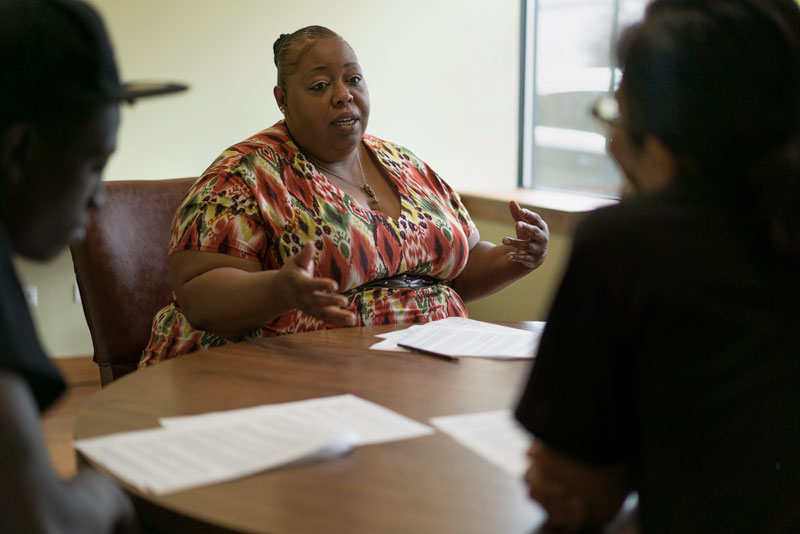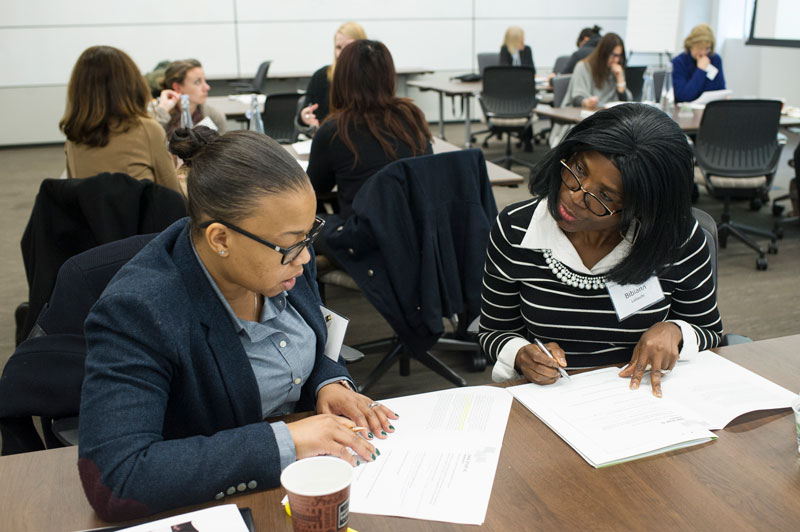When Ines came to her first appointment at HANA Center, a social service and advocacy organization located in Chicago’s Northwest Side and northwest suburbs, she was in the middle of what she describes as “a dark period.”
An immigrant to Chicago from Mexico, Ines was struggling to balance her own need to end an abusive relationship with her husband, against cultural and economic pressure to keep her family together.
Through tears, Ines told a HANA Center caseworker that her husband had left her and her four children with nothing to support themselves. Her situation was complicated by the fact that Ines was undocumented and unable to legally work in the United States.
HANA Center, formed in 2017 from a merger of Korean American Community Services and Korean American Resource and Cultural Center, was created to empower Korean American and immigrant communities (HANA means “one” in Korean).
According to Futures Without Violence, a survey of immigrant Korean women found that 60 percent had been battered by their husbands. HANA Center’s Family Empowerment Program, funded by Chicago Foundation for Women, provides intensive crisis intervention, counseling, peer support and skills-training to immigrant survivors and their children. HANA Center’s approach to these services is rooted in a core commitment to empowering women’s agency, and supporting and valuing community. HANA Center works to meet women where they are at and to empower them to decide what is best for themselves and their families – whatever that looks like for them.
HANA Center provides services attuned to the specific needs of immigrant women and their families – such as language barriers, immigration status and cultural attitudes – which may hinder their ability to seek support. In response to demographic changes in its service area, HANA Center is increasingly working with Latinx women like Ines and their families.
For Ines, this included being connected with pro bono legal help applying for a U-Visa, a visa specifically for victims of crimes – including domestic violence survivors – that provides a path to permanent residence. Thanks to its merger, which brought advocacy and direct service under one roof, HANA Center is able to not only assist with individual cases, but to engage in broader systems-change work. Recently HANA Center was involved in advocating for policies to standardize Illinois U-Visa policies and practices to ensure all survivors, no matter their citizenship status, are supported in reporting crimes to the police and seeking safety.
HANA Center also assisted Ines and her family with emergency financial assistance to keep food on the table and a roof over their heads. Once their immediate needs were met, Ines and her children began counseling at HANA Center to address the impact of domestic violence in their lives. Ines credits counseling with giving her the strength and support to feel like she could begin to make decisions for herself and her family.
“When you’re so entrenched in family problems like I was, you can’t see what options and solutions you have,” Ines says, via interpreter. “HANA Center helped me see a light at the end of the tunnel and see solutions to my problems.”
“I felt like I couldn’t distinguish what I had to culturally tolerate versus what I could say no to,” Ines continues. She says HANA Center helped her to “value myself as a woman, and empower myself to utilize the tools and the resources to move ahead in life and see the worth and value in myself.”


